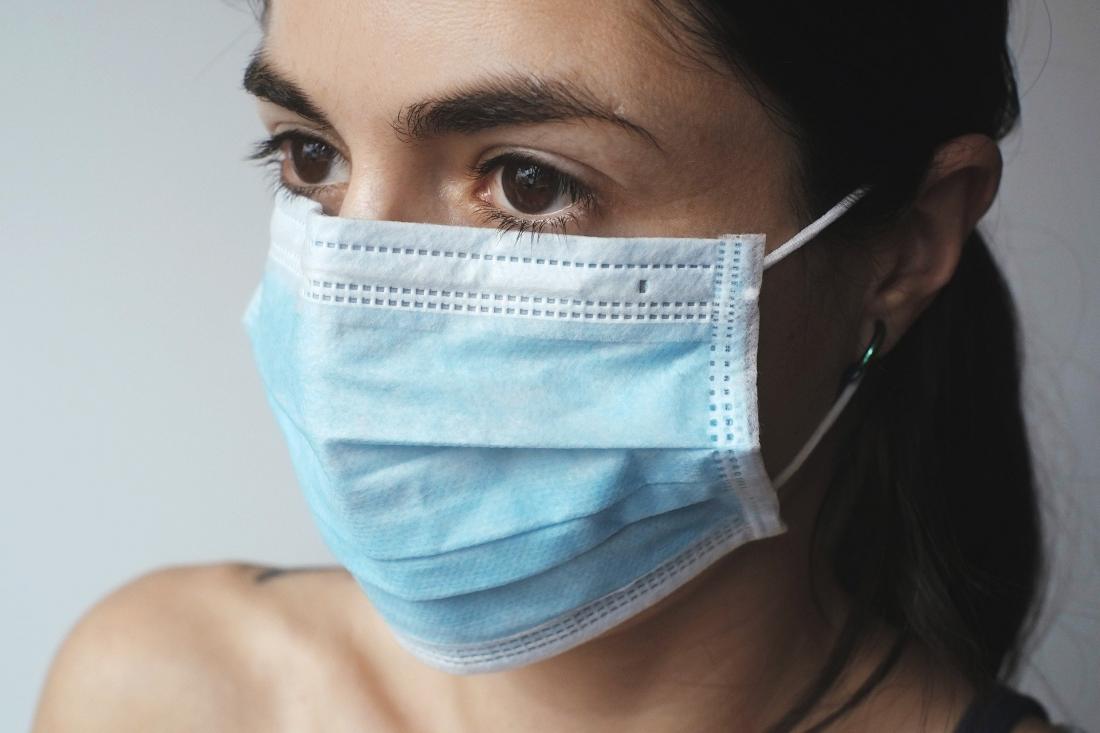[TEC-MED] The COVID-19 situation in Greece, focus on the elderly population

Several specific measures have been decided and implemented in Greece as means to handle the coronavirus situation:
-
All educational institutions such as schools and Universities are shut down.
-
Retail shops and services (like sports centers) are also shut down.
-
All cultural, artistic and religious events are suspended in closed and open spaces.
-
All Greek citizens are required to remain in their quarantined houses since 23/03/2020, when it was strongly advised the days before. Specific groups of people (such as healthcare employees) are allowed to go to their place of work, but only with special paperwork from their employer. The citizens in general are only allowed outside their residence for specific and necessary movements such as: a) doctors’ appointments, b) pharmacy store needs, c) supermarket and other supplies, d) to provide assistance to elderly or people that they care for, e) to fulfill essential jobs that require their physical presence (e.g. banks). This is provided that they have the necessary supporting documents on them or have sent a text with a special code to a government regulated number. Police inspections are strict and fines are imposed.
The Head of the Ministry of Health Mr Tsiodras gives daily reports to the public, and in every one of his reports he stresses that “the disease is endangering the elderly more so than ever and it is therefore the duty of all Greeks to protect them”. He has strongly recommended to the families to not allow the elderly to move outside the house. They are also not allowed to go to hospitals, unless there is a serious reason. The rest of the citizens are not allowed to assemble with them in closed spaces for more than 15 minutes. We avoid handshakes, cuddles and face to face kisses with older people, as with everyone.
Visiting the elderly in the aged care centers is banned and they operate only with medical and administrative staff. Many municipalities have put operational measures in place for the elderly, such as “tele-help” and “taking care of the house”. They are given a free set of “smart home” sensors to monitor them online from the responsible care center. Municipalities also receive phone calls from elderly in need for food, medicines, prescriptions and urgent interactions with the public entities and offer their services. In this way it is not necessary to circulate in the crowding of markets, pharmacies and supermarkets.









